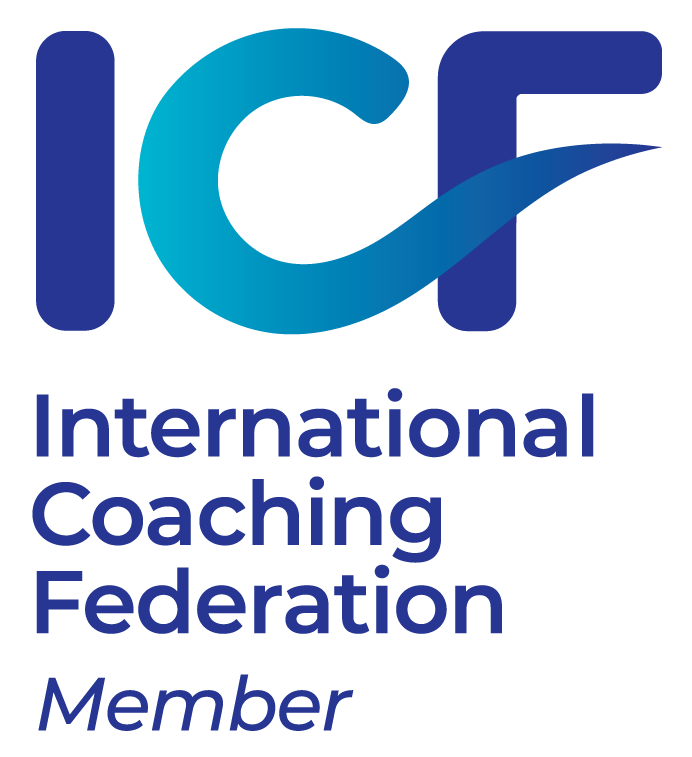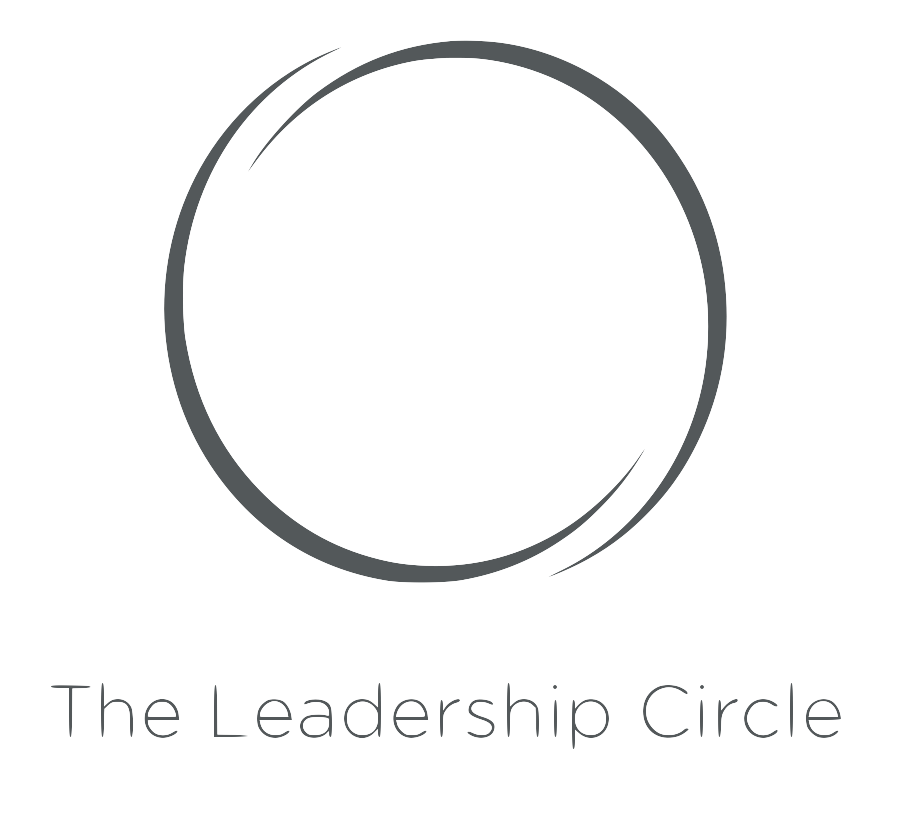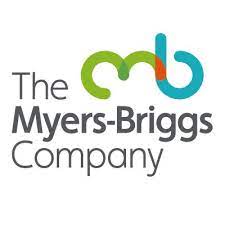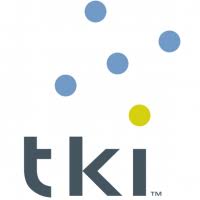Wellbeing for Higher Performance

Overview
Nowadays, leadership and wellness go hand in hand. Research by both Deloitte and Gallup support this conclusion, showing that greater wellbeing affects individual and team performance through employee attitudes, motivation, and behavior. The challenge for organisational and team leaders is knowing how to maximize both wellbeing and performance.
Combining strengths and wellbeing at work is potentially the most transformational treatment yet in the urgent pursuit of resiliency, mental health and ultimately, net thriving."
Jim Harter - Chief Scientist for Gallup’s "Workplace Management and Wellbeing Practices
Leaders highly influence organisational culture. Therefore, there must be a foundation of wellbeing in the workplace, where leaders (through modelled behaviour) must discuss and promote wellbeing as the norm, so that their employees will get more involved in wellbeing activities.
The “Wellbeing for Higher Performance” workshop explores four areas:
Body – Exercise, Nutrition, Sleep.
Mind – Being present, Learning mindset, Being mindful.
Heart – Inclusion, Unconscious bias, Happiness habits.
Purpose – Engagement, Contribution, Values.
When we take care of these four areas, we will find ourselves much more energized and better suited to lead organisations, engage in our work, and create workplace environments that have a wellness strong foundation.
The intention of “Wellbeing for Higher Performance” is to help employees identify and focus on their personal opportunities for lifting their wellbeing at work for higher performance.
"Well-being cannot exist just in your own head. Well-being is a combination of feeling good as well as actually having meaning, good relationships and accomplishment."
Outline
Individually, we will work on three points in each area, using proven techniques that will improve participants personal and group wellbeing and performance, when translated into positive habits.
Body
New habits around sleep, exercise and diet and created team charters for sticking to their commitments.
Introduction to the “Wellbeing for Higher Performance" workshop:
Importance of wellbeing.
How wellbeing supports resilience and performance.
How exercise supports performance:
The physiological science and links to mental wellness.
Approaches that can be used in the workplace.
How nutrition supports performance:
The neuroscience behind a healthy diet.
Unhealthy eating and drinking habits.
How sleep supports performance:
The benefits of sleeping well.
How to improve sleep.
Creating new habits:
Drivers behind the creation of new habits.
Commitments as individuals and as teams.
Mind
How to maintain mental wellness and internal ways of working to support this mindset.
Mental wellness approaches:
Importance of mental wellness and resilience.
How stress affects workplace performance.
Value of talking and listening.
Institutions, charities and support systems in the workplace.
Being present and learning mindset for performance:
Managing time wasters and the myths of multitasking.
Learning is good for wellbeing.
Mindfulness:
The science behind mindfulness.
Practicing mindfulness.
New habits:
How to create new habits.
Commitments to new habits as individuals and as teams.
Heart
How to be more inclusive and connected to family, friends and colleagues.
Importance of feeling valued in personal and professional settings.
Neuroscience and impact of inclusion / exclusion.
How to build a sense of belonging.
Role of unconscious bias in performance:
How important is diversity.
Discovering biases which may be driving us.
Actions to mitigate bias.
What generates happiness:
Neuroscience behind happiness and fulfilment.
The practice of gratitude.
Planning a positive thinking.
New habits:
Ideas to support the creation of new habits.
Commitments as individuals and as teams.
Purpose
How to gain a sense of meaning by connecting their own sense of purpose and value to their team and organisation.
Finding meaning through Purpose at work.
Why engagement increases through Purpose.
Contributing to something bigger than ourselves:
Giving back.
Volunteering in activating passion.
Eliciting and aligning values with work:
Values and their impact.
Individual values and what “I stand for”.
Expressing values and connecting them to the work environment.
New habits:
Ideas to support the creation of new habits.
Commitments as individuals and as teams.
Outcomes
Body
Initiated new habits around sleep, exercise and diet and created team agreements for sticking to their commitments.
Mind
Started practicing new ways to maintain their mental wellness and agreed internal ways of working to support this mindset.
Heart
Developed approaches to be more inclusive and connected to their colleagues, family and friends.
Purpose
Gained a greater sense of meaning by connecting their own sense of purpose and values to their team and organisation.
Target Audience
“Wellbeing for Higher Performance" is ideal for all employees, regardless their level or role. Participants in the programme may already have declared a need for resilience support or may be looking to acquire skills to deal with emerging challenges.
Duration
2 days.
Investment
Your investment in “Wellbeing for Higher Performance" will pay off. By combining proven methods with engaging activities, designed specifically for the business environment, you will enjoy a unique learning experience! Please, contact us to discuss pricing to run this programme internally for your group or organisation.







